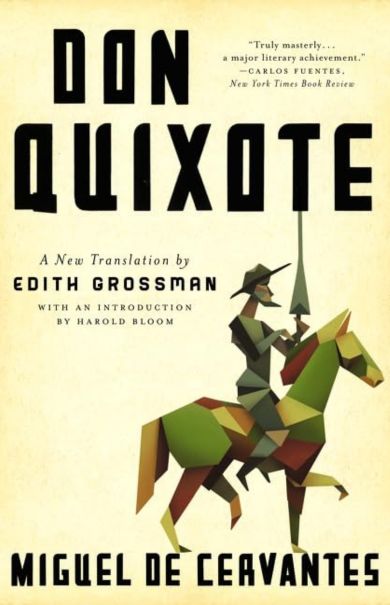
World Book and Copyright Day is celebrated every April 23. The idea originated in Catalonia in 1926, when people began exchanging books and roses on Saint George’s Day (Sant Jordi).
In 1995, UNESCO gave the initiative an international scope to promote reading, publishing, and the protection of intellectual property through copyright—a particularly important issue today in light of controversies surrounding the training of generative AI.
April 23 is no coincidence. It’s a significant date in world literature, and since 2001, it has also marked the beginning of the tenure of each city designated as World Book Capital.
Cervantes and Shakespeare as Symbols
Two great writers passed away on April 23, 1616: Miguel de Cervantes and William Shakespeare. Although their actual death dates differ slightly (due to different calendars used in Spain and England), they are considered to have died at the same time symbolically.
This date is also the birthday of several prominent authors, including Vladimir Nabokov and Maurice Druon.
Don Quixote – The Beginning of the Modern Novel
We must mention Cervantes’s most famous work: “The Ingenious Gentleman Don Quixote of La Mancha”. First published in the early 17th century, it is considered one of the first modern novels in literary history.
Cervantes departed from the traditional epic, chivalric tone and introduced something new—a blend of realistic narration, parody, psychological depth, and narrative self-reflection.
In “Don Quixote”, we find the roots of techniques now regarded as hallmarks of contemporary fiction: layered storytelling, complex characters, and playful engagement with the reader. Cervantes didn’t just tell a story—he began questioning what a story is and who truly creates it.
To better appreciate this book’s uniqueness, it’s worth exploring the new English critical edition from 2015, translated brilliantly by Edith Grossman and supplemented with an introduction by Harold Bloom.

And You—How Do You Celebrate?
World Book Day is a great opportunity to pick up a new read or reflect on why we read and what drives us to write. Maybe it’s time to return to “Don Quixote”, grab a book from your “shame pile,” visit a local indie bookstore, or gift someone a book.
Or maybe it’s enough to find a quiet moment for yourself—and get lost in the rustle of turning pages?
Sources:
